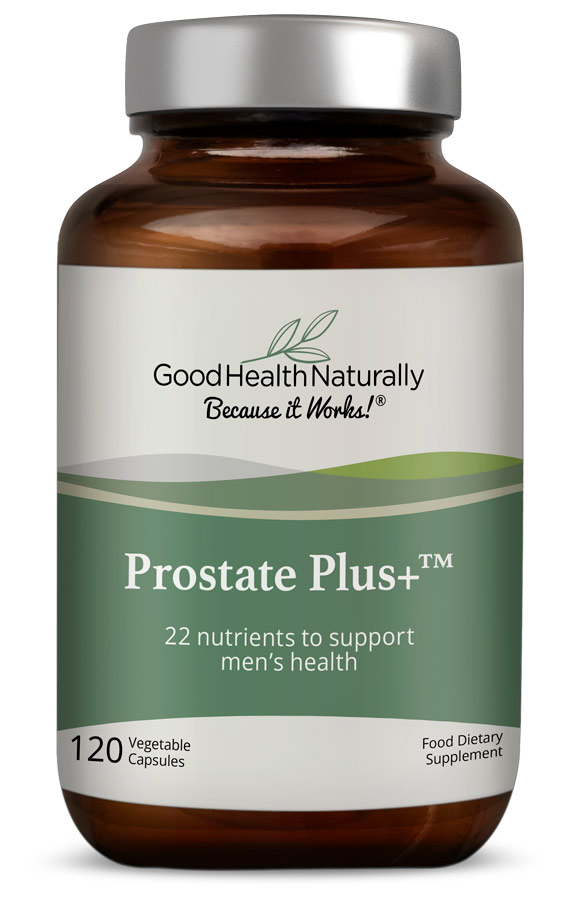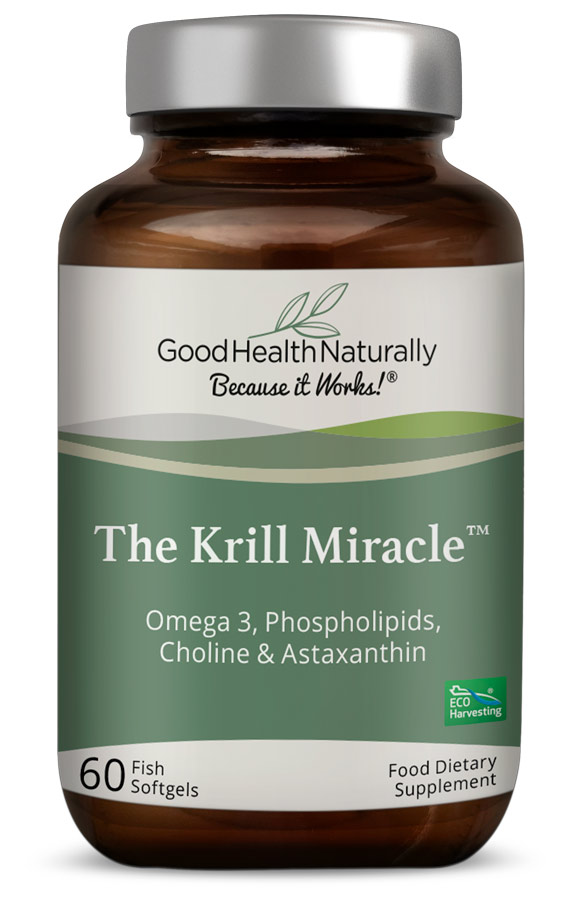If you are reading this in the UK or elsewhere in the world this week, you’ve probably already heard that King Charles has been in hospital for a prostate operation. It is reported that he made his health problem public to raise awareness of the issue and to encourage men to get their prostate checked. It certainly had that effect on the British public as the NHS website saw a massive increase in searches about prostate issues.
King Charles’ recent admission to the hospital for prostate surgery has not only sparked widespread concern but also triggered a wave of calls for a renewed focus on men’s health nationwide. As a prominent figure, the monarch’s health issues significantly impact public awareness and discussions surrounding healthcare. The revelation of his need for surgery has prompted many to reflect on their own health practices.
In a recent survey conducted among 2,000 Brits, a surprising 11% admitted that they don’t take their health very seriously. Often, it takes a health scare – whether personal or the publicised health scare of a celebrity – to serve as a wake-up call, prompting individuals to pay more attention to their well-being, as we have seen with this example.
Nurturing Prostate Health
In light of King Charles’s recent journey through prostate surgery, at Naturally Healthy News, we felt compelled to share essential reminders and proactive measures that men can adopt to support their overall health, with a particular focus on prostate well-being.
Here are four lifestyle and dietary tips to support men’s health:
1. Regular Exercise
Studies have indicated that men who engage in regular exercise may experience a lower risk of developing prostate issues. Regular physical activity promotes overall well-being and plays a crucial role in supporting prostate health. Aiming for at least 150 minutes of moderate-intensity exercise each week, including brisk walking, cycling, or other activities you enjoy, is recommended.
Exercise helps maintain a healthy weight and contributes to overall cardiovascular fitness, which is linked to prostate health. Cardiovascular exercise enhances blood circulation throughout the body. Improved blood flow is crucial for delivering oxygen and essential nutrients to cells, including those in the prostate gland. This increased circulation contributes to the overall health of the prostate and may reduce the risk of inflammation and other issues.
Furthermore, cardiovascular exercise is associated with favourable changes in hormonal balance. Regular physical activity can help regulate hormones such as insulin and testosterone. Maintaining hormonal balance is essential for reducing the risk of conditions like benign prostatic hyperplasia (BPH) and prostate cancer.
2. Nutrient-Rich Diet
Incorporating various fruits and vegetables into daily meals is a cornerstone of a prostate-friendly diet. These foods are rich in antioxidants, such as vitamins C and E, which combat oxidative stress and inflammation – critical factors associated with prostate issues. Berries, leafy greens, and cruciferous vegetables like broccoli and cauliflower are particularly potent in their antioxidant content.
One standout nutrient with well-documented benefits for prostate health is lycopene, a powerful antioxidant found in abundance in tomatoes, especially when cooked. Lycopene is known for its ability to neutralise free radicals, which can contribute to cellular damage and inflammation. Cooked tomatoes, as in sauces, soups, or stews, release more lycopene and make it more bioavailable, enhancing its absorption in the body.
Several studies have suggested a correlation between increased lycopene intake and a reduced risk of prostate-related issues, including benign prostatic hyperplasia (BPH) and prostate cancer. Lycopene’s protective effects are believed to stem from its ability to inhibit the growth of prostate cells and reduce inflammation within the gland.
In addition to antioxidants, including omega-3 fatty acids in the diet can further support prostate health. Fatty fish like salmon, mackerel, trout, and flaxseeds and walnuts are excellent sources of these essential fatty acids. Omega-3s have anti-inflammatory properties that may help mitigate inflammation in the prostate. If dietary sources are low, consider supplementing with an omega-3 product, like krill oil.
A well-rounded diet also plays a crucial role in maintaining hormonal balance, which is integral to prostate health. Including lean proteins, whole grains, and healthy fats in appropriate proportions supports optimal hormonal function.
3. Saw Palmetto Supplements
Saw palmetto, a small palm tree native to the southeastern United States, has gained popularity as a natural supplement renowned for its potential benefits in supporting prostate health. Research suggests that saw palmetto may play a role in inhibiting the conversion of testosterone to dihydrotestosterone (DHT), a hormone implicated in prostate enlargement. Benign prostatic hyperplasia (BPH), a common condition among ageing men, is characterised by an enlarged prostate, leading to urinary symptoms. Some studies have indicated that saw palmetto may help alleviate BPH symptoms, such as difficulty urinating and frequent nighttime urination.
Saw palmetto supplements, when used in conjunction with other lifestyle and dietary measures, offer a natural and potentially supportive avenue for maintaining prostate health as part of a comprehensive wellness strategy.
4. Maintain a Healthy Weight
Research consistently highlights the impact of obesity and excess body weight on the increased risk of prostate issues, as it triggers a chronic inflammatory state.
A nutrient-rich diet and regular physical activity help prevent unnecessary weight gain and promote overall health. Beyond the cosmetic aspect, shedding excess weight positively impacts hormonal balance, mainly by reducing levels of insulin and estrogen associated with prostate enlargement. Embracing a lifestyle that prioritises a healthy weight becomes not only a proactive measure against prostate-related concerns but a fundamental step toward overall well-being.
In summary
Incorporating these lifestyle and dietary tips, along with the addition of appropriate supplements, can contribute to maintaining a healthy prostate. It’s crucial to remember that individual responses to these recommendations may vary, and consultation with a healthcare professional is advised, especially for those with pre-existing health conditions or concerns.
King Charles’s experience serves as a timely reminder for men to prioritise their health and take proactive steps to support their overall well-being, including the often neglected aspect of prostate health. By embracing these lifestyle changes and considering the potential benefits of supplements like saw palmetto, men can take charge of their health and reduce the risk of prostate-related issues.
Product Recommendations
Prostate Plus+™ |
The Krill Miracle™ |
 |
 |
Please note:
The product images represent the ongoing rebranding across Good Health Naturally range and may currently vary from actual stock.




